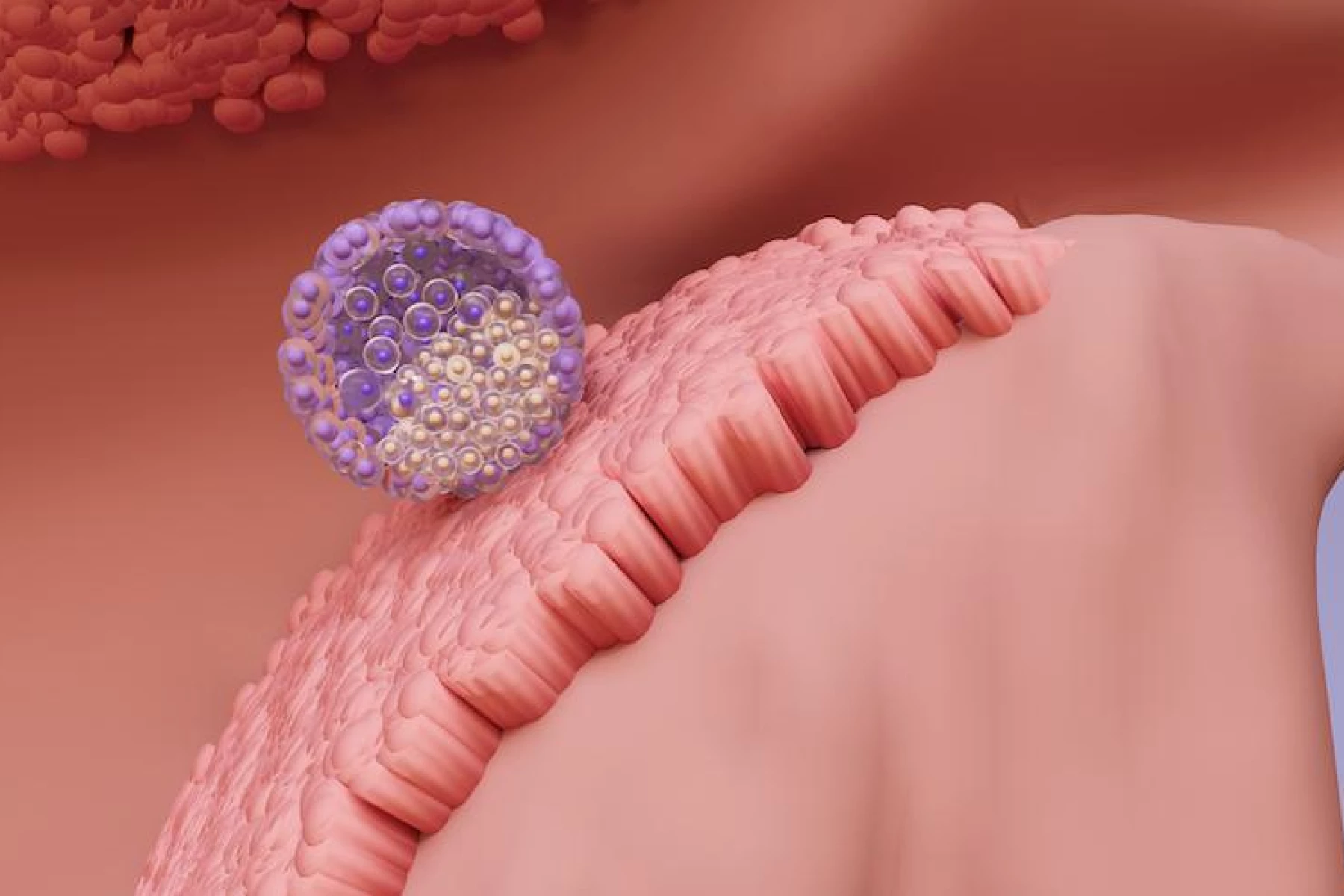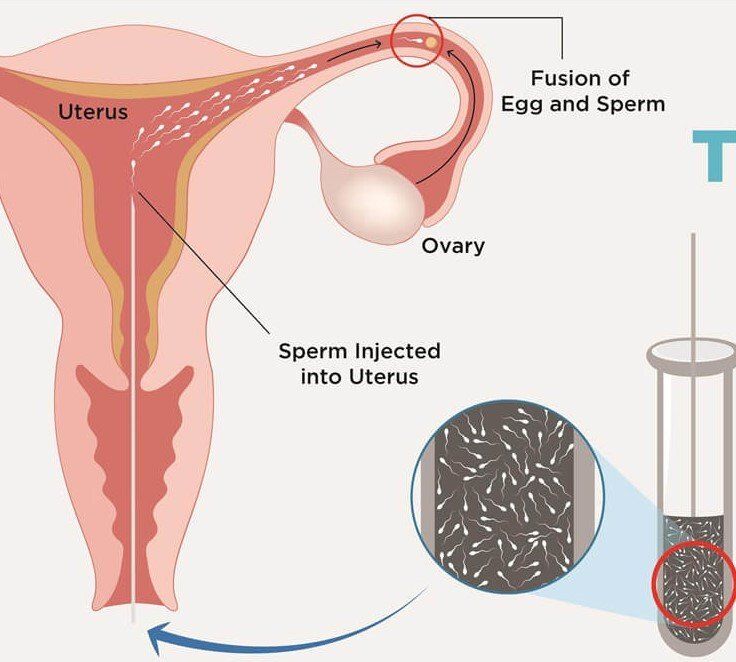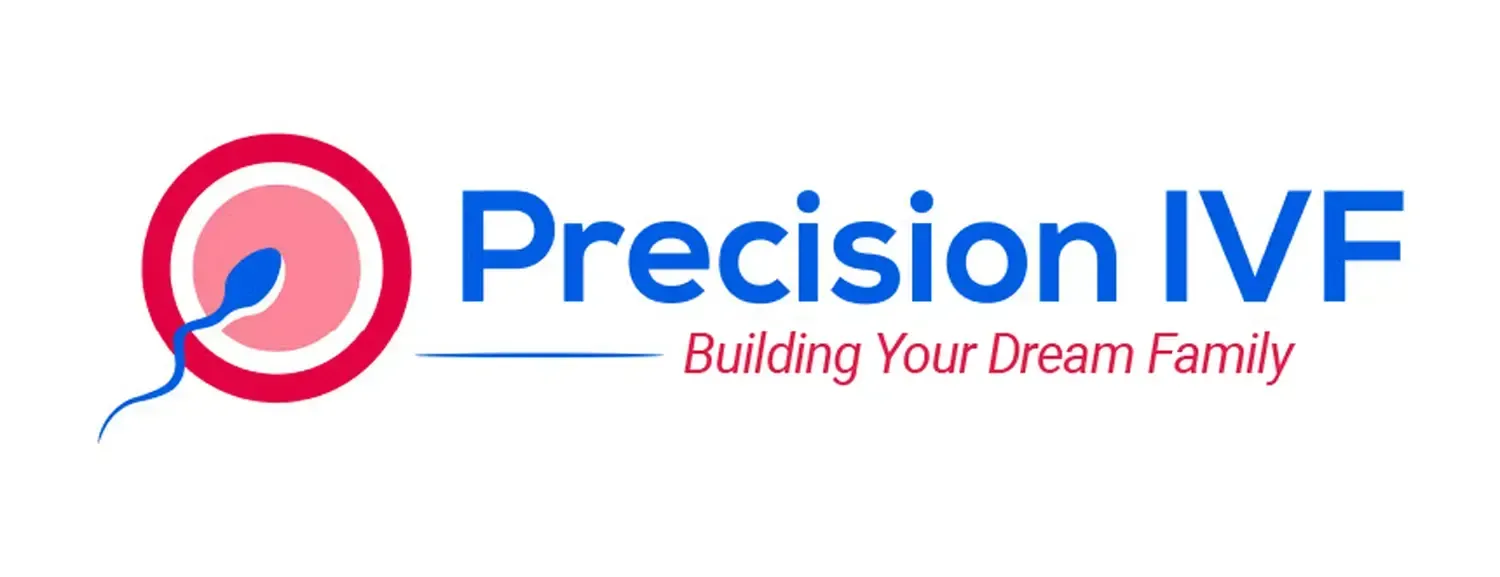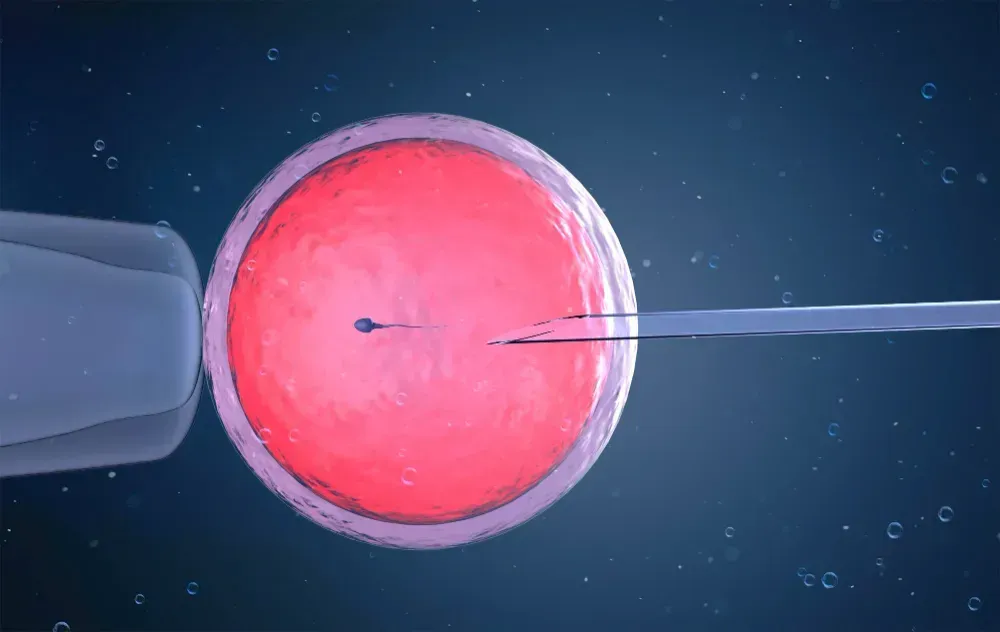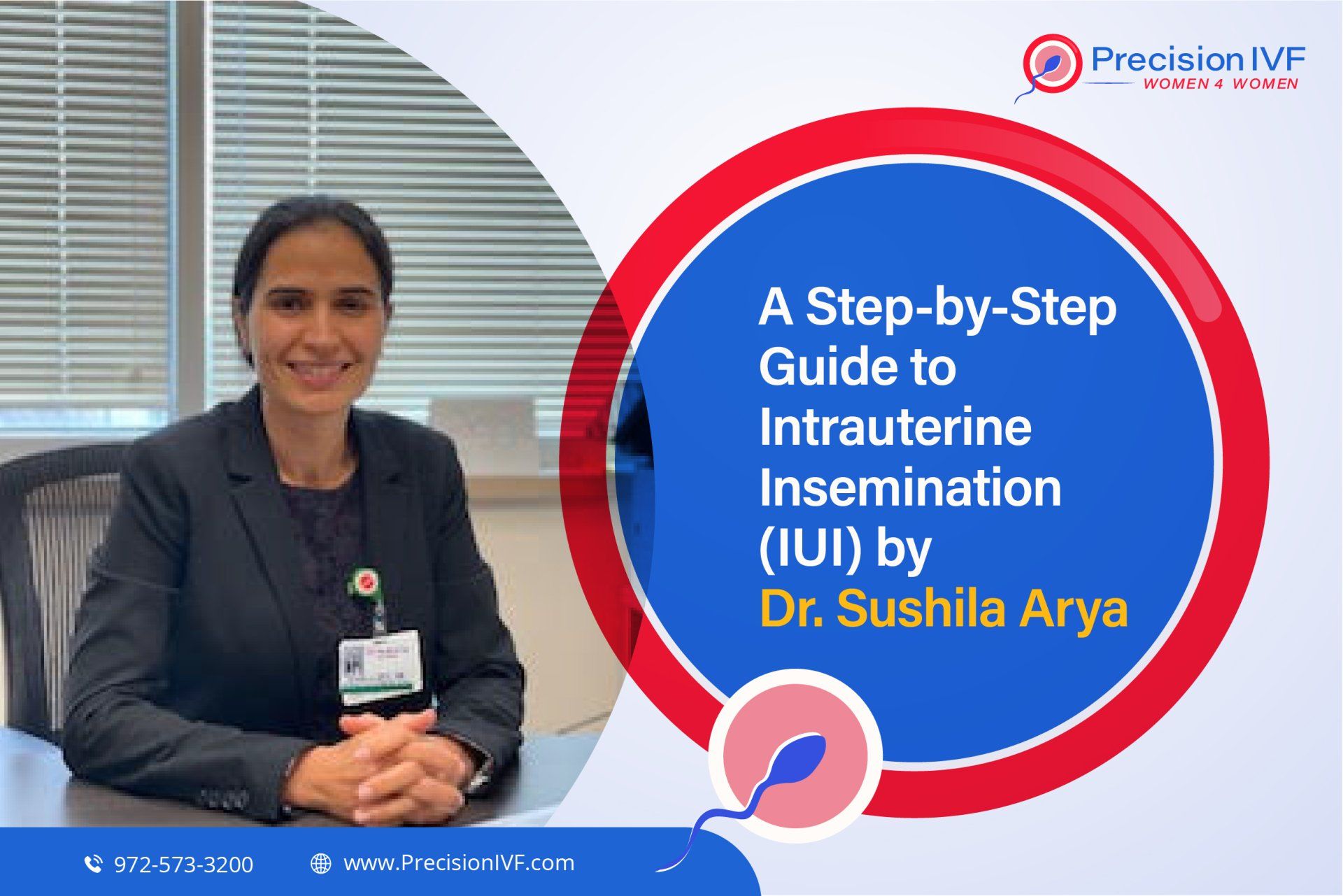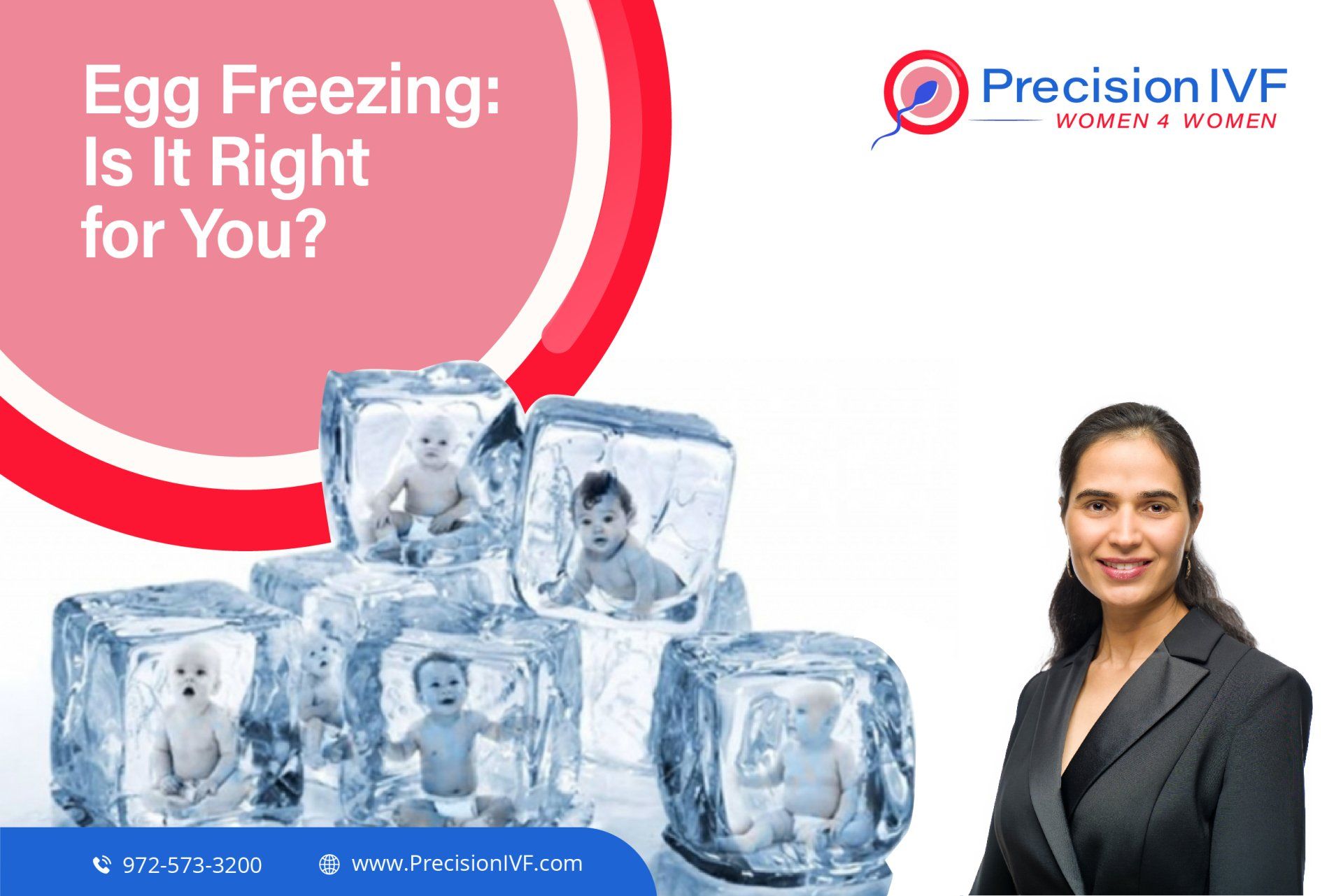IUI vs IVF: Which One Is Right for You?
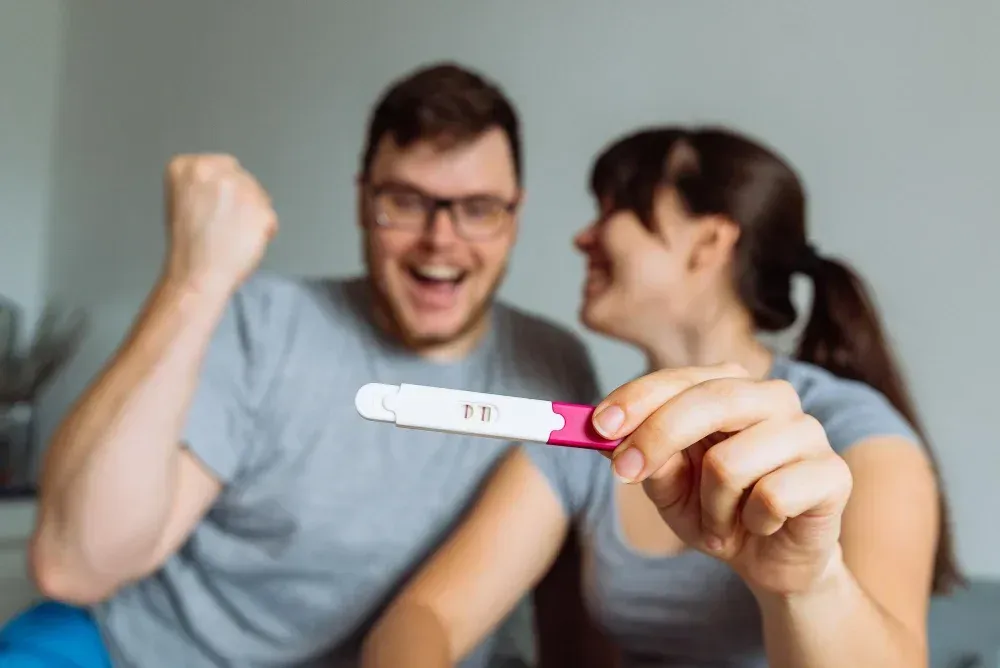
Have you been trying to get pregnant for months without success and wondering what could be wrong? Don't worry, we heard you, and you are not alone. At Precision IVF, we've seen a lot of couples come in with the same question. In fact, infertility affects almost one in six people at some point. In general, IUI vs IVF are two popular choices across the globe when natural conception fails. But what exactly is the difference between IUI and IVF? Which one is the best option for you financially, physically, and emotionally?
In addition to the science, we will discuss our own experiences treating patients, their true concerns, and what ultimately worked for them in this blog. Let's be with us for a few more minutes and keep scrolling down for a better understanding.
Understanding the Basics: IUI vs IVF
Both IUI and IVI treatments help couples conceive, however, they work differently. The IUI process (Intrauterine Insemination) is a simpler and less invasive approach, whereas the IVF process is a more advanced procedure with normally higher success rates.
How Does IUI Work?
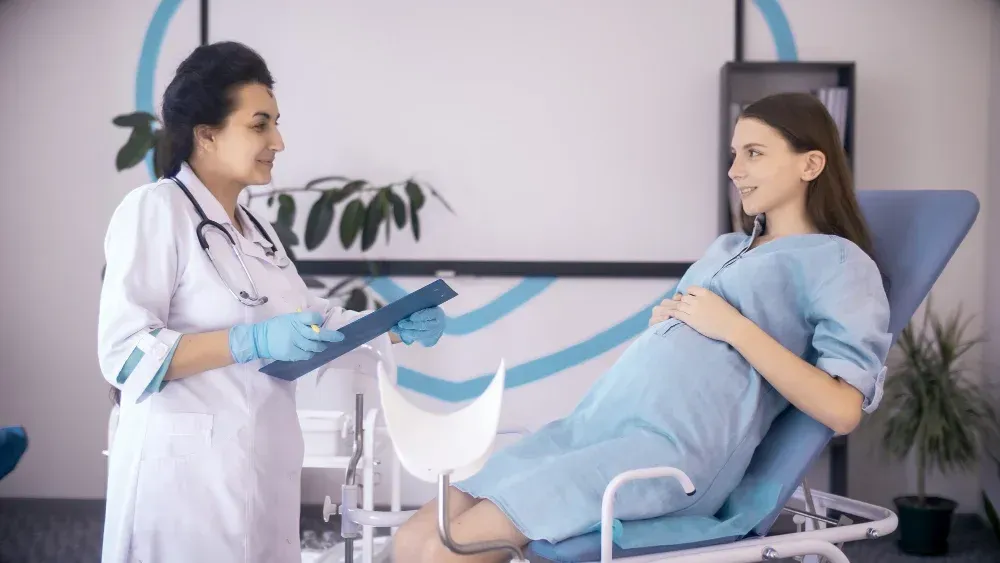
Intrauterine insemination, or IUI, is one of the most popular fertility procedures in the world. Using a thin catheter, "washed and concentrated" sperm are inserted straight into the uterus. IUI treatment increases the likelihood of fertilization during the fertile window by avoiding the cervix and putting sperm closer to the fallopian tubes.
Between IUI and IVF, patients frequently value the IUI procedure's minimal invasiveness, speed, and affordability.
Here’s how the IUI procedure usually goes at Precision IVF:
- Medications for IUI: During an IUI cycle, you may be prescribed oral medications like Clomid or Femara to stimulate ovulation. These medications increase the likelihood of conception by assisting the ovaries in producing follicles and releasing eggs at the appropriate time.
- Monitoring Ovulation: In IUI, timing is crucial. Blood tests and ultrasounds are used to closely monitor your ovulation, and occasionally a "trigger shot" is administered to release the egg. This ensures that the sperm and egg will meet at the appropriate time.
- Sperm Preparation for IUI: A semen sample from your partner or donor is carefully processed in the lab to separate healthy, active sperm. When inserted into the uterus, this concentrated sample improves the chances of fertilization.
- IUI Procedure: The IUI procedure typically takes 20 minutes and is quick and almost painless. To give the prepared sperm the best chance of meeting the egg, it is placed straight into the uterus using a thin tube.
- Results & Follow Up: A pregnancy test is performed two weeks following the procedure to evaluate its success. An early ultrasound and the following blood tests verify the pregnancy if the results are positive. If not, your doctor will talk about potential future cycles and next steps.
How Does IVF Work?
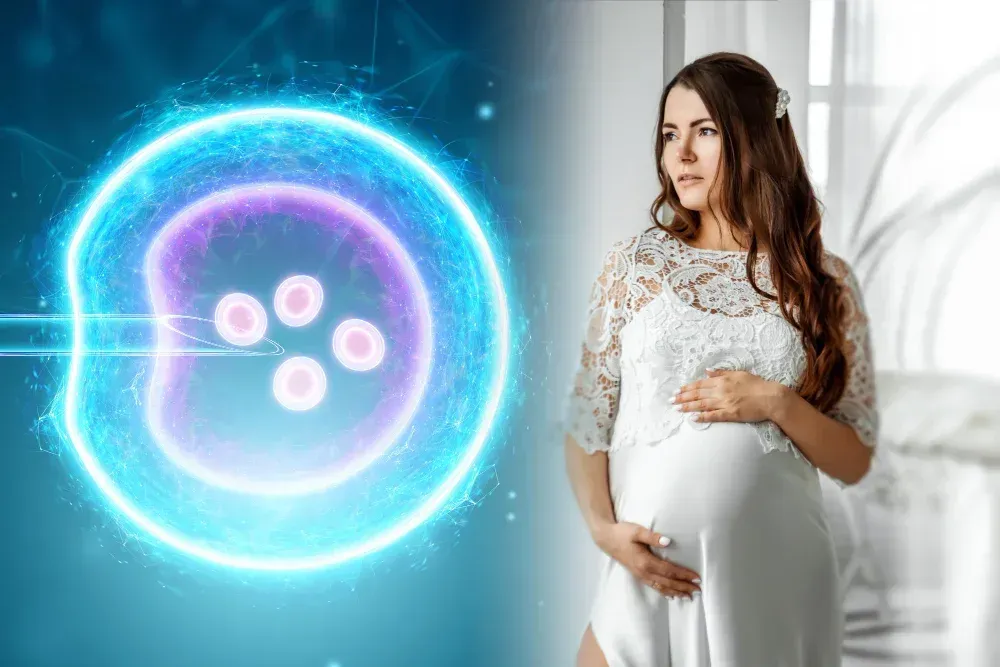
IVF treatment process has the potential to change lives, and fertilization takes place outside the body, unlike IUI. We advise IVF in case of extremely low sperm counts fallopian tubes, or after several unsuccessful IUI attempts.
Here’s the IVF process step by step:
Preparation for the Cycle: For a few weeks, birth control pills are given to help align and regulate follicle growth. This helps the planning and tracking of the next stages of the IVF cycle.
Ovarian Stimulation: For 8–14 days, hormone injections are used to promote the development of several eggs. Follicle size and hormone levels are monitored by routine blood tests and ultrasounds.
Egg Retrieval: A minor outpatient procedure is used to collect eggs approximately 35 hours after the trigger shot. To safely remove eggs from the ovaries, a thin needle is guided by ultrasound.
Sperm Processing: The lab prepares sperm that same day by separating healthy, active sperm. This increases the likelihood of fertilization.
Egg Fertilization: ICSI or natural insemination in a lab are the two methods used to fertilize eggs. About 18 to 19 hours later, a fertilization check is performed to verify zygote formation.
Embryo Development & Selection: Transferred, embryos are cultivated in the lab for three to seven days before being transferred. Others may be frozen for later use, while the healthiest embryo is selected.
Embryo Transfer: The embryo is inserted into the uterus via a thin catheter, typically with ultrasound guidance. This reduces multiple births quickly, painlessly, and in accordance with ASRM guidelines.
Next Steps: Nine to eleven days later, as the final step in the IVF treatment process, a blood test measures HCG levels to check for pregnancy. Patients either discuss future treatment options or continue prenatal care based on the results.
IUI vs IVF: Comparing the Two
Now let’s talk about the big question: IVF vs IUI.
- Success Rates: Compared to IUI, IVF typically has higher success rates. However, we have also witnessed patients become pregnant during their first IUI cycle. In essence, age, medical history, and fertility factors all play a role.
- Physical and Emotional Considerations: IUI is less intrusive, easier, and less stressful. IVF increases the likelihood of getting pregnant but also comes with additional time, drug, and procedure requirements.
- Cost of IUI vs IVF: IUI is typically less expensive up front. Although IVF is more expensive, it might end up being more economical in the long run if several IUI cycles are unsuccessful.
Conclusion
At
Precision IVF, we’ve seen the joy, the tears, the frustrations, and the breakthroughs. There is no one-size-fits-all solution when it comes to IUI vs IVF. The IUI process is sufficient for certain couples. Others find success after implementing the IVF process.
FAQ's on Medical Causes of Infertility
1. How long does IVF treatment take?
An IVF cycle usually takes 4–6 weeks from preparation to embryo transfer.
Depending on treatment plans and individual responses, the precise timeline may change.
2. What is IUI vs. IVF?
IUI facilitates fertilization by injecting prepared sperm straight into the uterus. IVF involves egg retrieval, laboratory fertilization, and embryo transfer.
3. Cost of IUI vs IVF?
Cost of IUI vs IVF, In general, IUI is less costly, and each cycle typically costs a few hundred dollars. The IVF procedure is more complex and can cost several thousand dollars per cycle.
4. Is IVF painfull?
IVF procedures are generally painless, though some may be a bit uncomfortable. Patients typically experience very little discomfort because egg retrieval is done under sedation.
5. What are the success rates of IVF?
Although success rates vary by clinic, age, and health, contact us to learn more.
